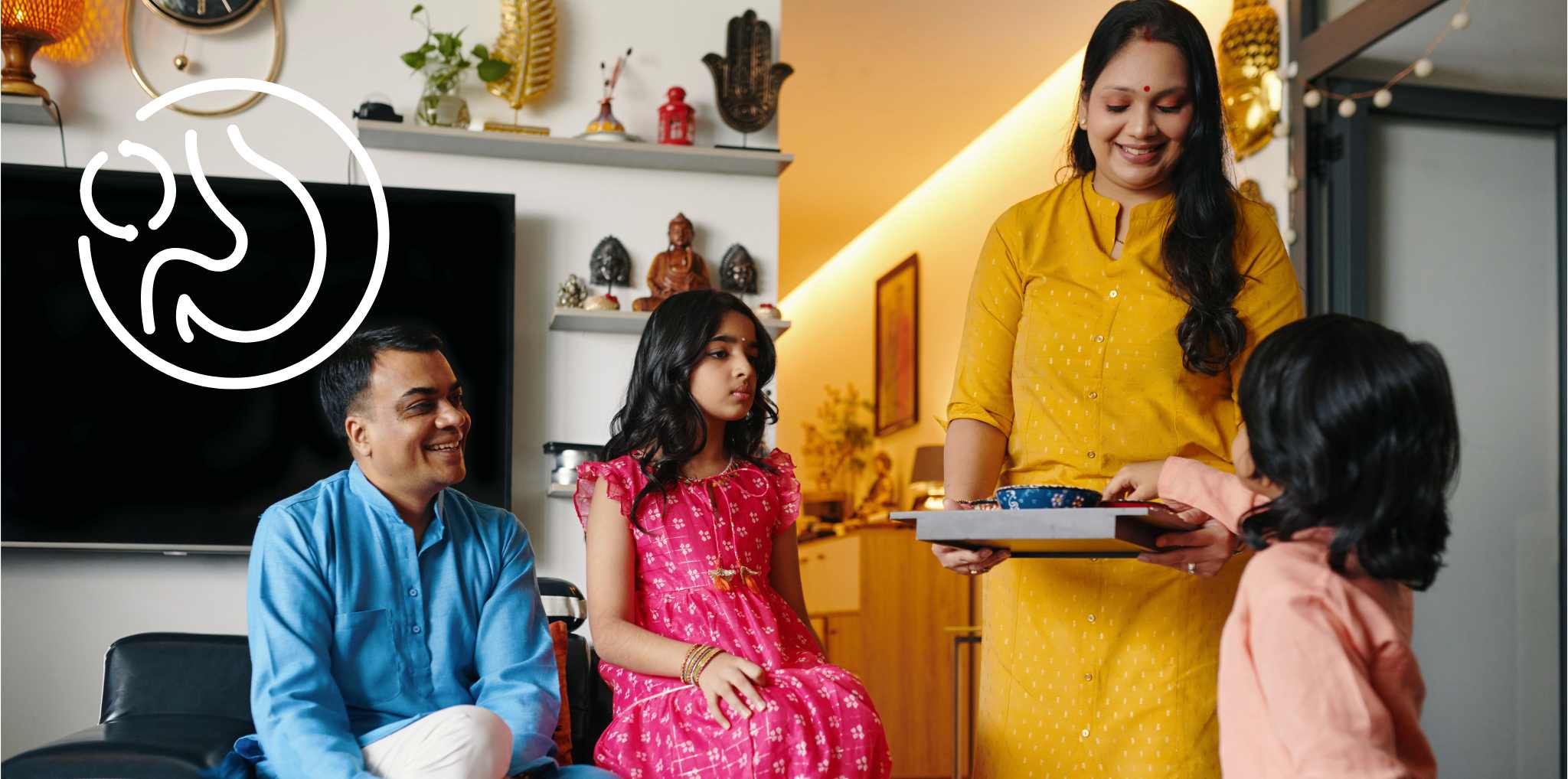
Woman, Are You Taking Care of Everyone But Yourself? It’s Time to Change That!
As women, we often wear many hats – caregiver, employee, mother, wife, friend, daughter – and it’s easy to lose track of one very important role: taking care of ourselves. From juggling work deadlines to shuttling kids between activities, managing the home, and staying on top of a long list of to-dos, self-care can fall by the wayside.
But here’s the thing: if you are running on empty, soon you won’t have much to offer others. If you neglect your health for too long, it could lead to serious consequences down the road. Whether it’s burnout, chronic fatigue, or the slow build-up of stress-related illnesses, your body eventually tells you when it needs attention. The longer we push aside the warning signs, the more difficult it becomes to regain control.
So it’s time to ask yourself: Are you taking care of everyone else but yourself?
The Modern Woman’s Dilemma: Too Many Responsibilities, Not Enough Time
For many women in their late 30s to mid-50s, life is a balancing act between professional growth, family responsibilities, and personal well-being. While striving to be the best at everything, we often end up sacrificing our health without even realizing it.
We wake up early to ensure the kids are fed and ready before school. Then, we rush to work, tackle meetings, and check off tasks. By the time we come home, there’s dinner to cook, homework to help with, and a household to maintain. Once everyone is tucked in bed, our energy is often completely depleted, leaving little time for self-care.
Sounds familiar?
Unfortunately, this cycle takes a toll. You may have noticed the subtle signs: fatigue that coffee can’t fix, mood swings, weight gain that seems impossible to reverse, or poor sleep patterns. It’s easy to chalk these up to “getting older” or “being too busy,” but they are often signs that your body is struggling to keep up.
The Consequences of Ignoring Your Health
Here’s the harsh truth: ignoring your health won’t make the problems go away. In fact, pushing your well-being to the bottom of the list can lead to more serious issues later on.
- Burnout: Constantly giving without refueling yourself leads to burnout. You may feel tired, irritable, and unable to keep up with your day-to-day tasks, both at work and home. In the long run, this chronic state of stress may contribute to anxiety or depression.
- Hormonal Imbalances: If you’re in your 40s or 50s, you may be approaching perimenopause or menopause. Fluctuating hormones can lead to symptoms like hot flashes, mood swings, weight gain, and even changes in sleep patterns. If left unchecked, hormonal imbalances can negatively affect your metabolism, mood, and overall energy levels.
- Chronic Diseases: Poor diet, lack of exercise, and high levels of stress can increase your risk of developing chronic conditions like diabetes, heart disease, or hypertension. Unfortunately, these diseases are often called “silent killers” because they creep up without noticeable symptoms until it’s too late. Regular health check-ups can help detect issues early before they become life-threatening.
- Lowered Immunity: Chronic stress and lack of self-care can also weaken your immune system, making you more susceptible to illness. If you frequently get sick or feel constantly run down, your immune system might be struggling to keep up with the demands of your lifestyle.
- Weight and Energy Issues: Over time, stress and poor dietary choices can wreak havoc on your metabolism. If you find it difficult to maintain a healthy weight, experience frequent energy crashes, or have trouble sleeping, your body might be giving you signals that it needs attention.
Why Prioritizing Your Health is Non-Negotiable
As a woman, it’s easy to feel guilty for wanting time for oneself. Women are often conditioned to believe that we should be everything to everyone. But here’s the truth: You cannot give your best to others when you’re not at your best. The better you feel physically, mentally, and emotionally, the more you can show up for your loved ones.
Taking care of yourself is not selfish. It’s an investment in your future health and the future health, wellbeing of your family. When you are healthy and happy, you can be more present, more engaged, and more capable of handling the demands of everyday life.
The time to prioritize yourself is now. Your health and well-being deserve attention, and addressing small issues now can help prevent more serious health concerns later on.
Simple Steps to Start Prioritizing YOU
- Schedule Regular Check-Ups: Don’t wait until a health issue arises to see a doctor. Preventive care is essential to catch problems early before they become more significant. Invest in a comprehensive women’s health screening to assess your current health, hormone levels, and risk factors.
- Create Time for Movement: Regular exercise is one of the best ways to relieve stress, boost your energy, and improve your overall well-being. You don’t need to spend hours at the gym – a brisk 30-minute walk a few times a week can do wonders for your physical and mental health.
- Eat to Nourish, Not Just Survive: Skipping meals or relying on fast food might be convenient, but it’s not helping your energy levels. Make time to prepare nutritious meals filled with fresh fruits, vegetables, and lean proteins. Your body will thank you.
- Get Enough Sleep: Quality sleep is vital for your health, but it’s often one of the first things to suffer when life gets busy. Aim for 7-8 hours of restful sleep each night to give your body the time it needs to recharge.
- Manage Stress: Whether it’s through yoga, meditation, journaling, or simply taking time to unwind, find healthy ways to cope with stress. Learning how to relax and decompress is critical for your mental and physical health.
- Ask for Help: You don’t need to everything on your own. Delegate tasks when possible, ask family members for support, or even hire help to ease your workload. Your well-being is worth it.
How Longeny Can Help You Prioritize Your Health
At Longeny, we believe that women’s health is the foundation of a thriving life. That’s why we’ve created Nari360°, the most comprehensive women’s health screening on the market. This test covers over 140 biomarkers, giving you detailed insights into your overall health, from cardiac risk to metabolic health to hormone levels.
With Nari360°, we don’t just look at symptoms – we identify the root causes of potential issues before they become major problems. Whether you’re feeling fatigued, stressed, or out of balance, this test gives you the answers you need to take back control of your well-being.
Our team of leading functional medicine specialists will create a personalized health plan based on your results, empowering you to make informed decisions about your health.
Take the First Step Towards a Healthier YOU
It’s time to stop putting yourself last. You deserve to be healthy, energized, and live your life to the fullest. With Longeny’s Nari360°, you can get the insights you need to stay on top of your health and prevent future issues.
Don’t wait for a wake-up call – Your health is your greatest asset. Prioritize yourself today and take the first step towards a longer, healthier life.
Ready to start?
Book your Nari360° test today and reclaim your vitality.
#SelfCare #WomenHealth #Nari #HealthSpan #Longevity







